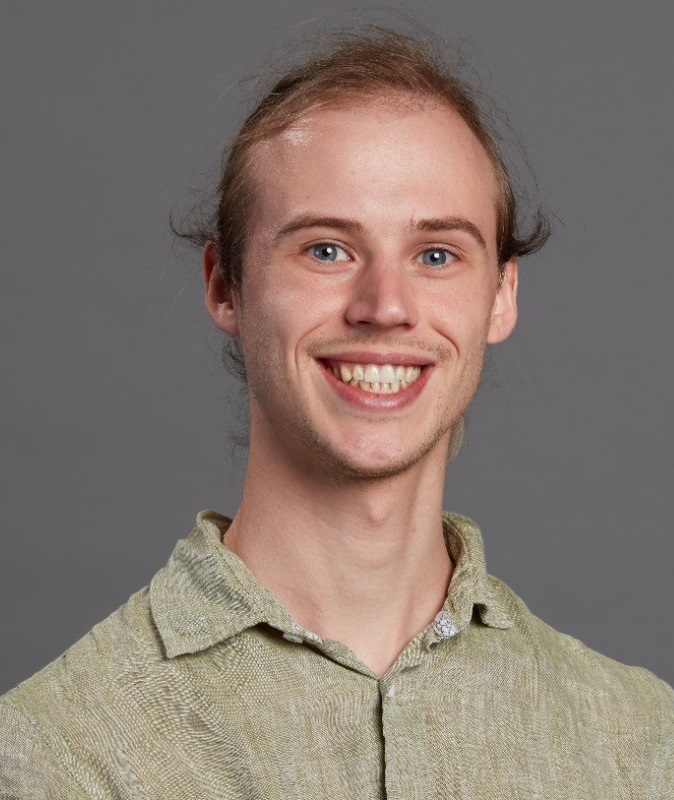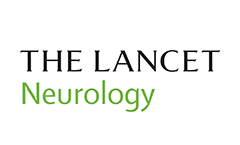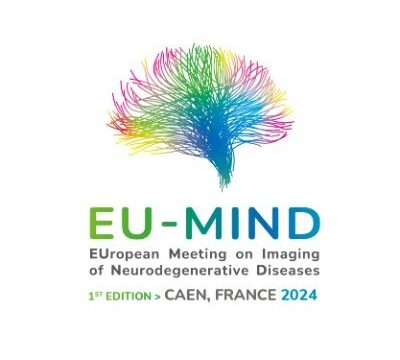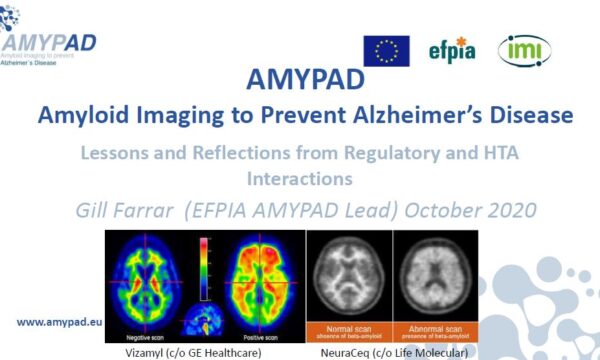Tell us a bit about you, your career path to date and the institution you work for.
I am a PhD candidate, originally graduated with a MSc in Clinical Neuropsychology from Leiden University and now working in Neuroimaging at the Amsterdam UMC since February 2023, freshly in my 2nd year at the time of writing!
My overarching research focus has been on neurodegenerative diseases, and in AMYPAD I’m specifically interested in how we can identify brain changes in the preclinical stages of Alzheimer’s disease with magnetic resonance imaging (MRI). In fact, the primary goal for my PhD position is to derive quantified measures from the MRI sequences in AMYPAD, and making these available to the broader research community. These open science efforts are enabled by the Alzheimer’s Disease Data Initiative (ADDI).
Working at the Amsterdam UMC’s department of Radiology & Nuclear Medicine under Professor Frederik Barkhof has been a great experience so far, as it is both a very international and multi-expertise environment, which fosters collaboration.
Could you tell us a bit more about the type of research you are working on, and how it relates to AMYPAD?
My research revolves entirely around multimodal neuroimaging in preclinical Alzheimer’s disease. In my first full-scale project (AMYPAD at ADPD 2024) we’re investigating the role of Aβ, as measured by amyloid PET, in regional brain atrophy. This topic is particularly important as amyloid anti-immunotherapies have not yet succeeded in slowing brain atrophy in clinical trials, indicating that we might need to start earlier, in presymptomatic stages. Besides this project, I am interested in disease progression modelling and the concepts of cognitive reserve, brain reserve and the brain age paradigm!
What do you enjoy most about research?
“Doing research” comes in so many different colours: reading papers, running and visualizing analyses, meeting with colleagues and supervisors, writing papers and joining on conferences, to name only a few. I immensely appreciate this diversity, it’s rare that one day looks like the other. What’s more, I have the impression that I can leave a lasting impact by helping to understand Alzheimer’s disease. We live in the early days of successful anti-amyloid therapies, but there are still many challenges for implementing them and we still need to understand at what stage of the disease such therapy would be most optimal. Our research with AMYPAD can help answer that question, so I’m excited for what’s to come!



